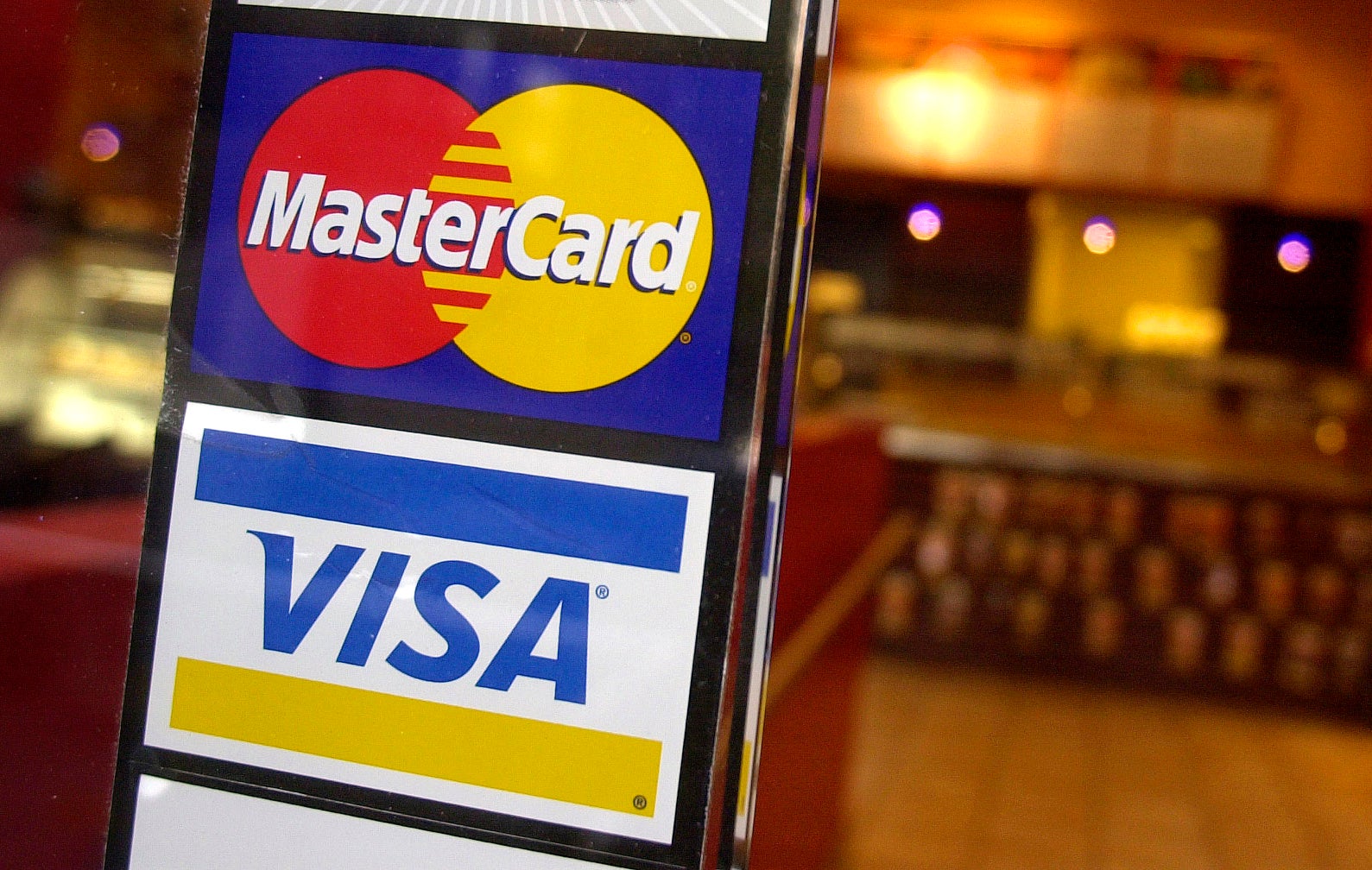Visa and Mastercard still want to enter China, but China isn’t cooperating
Visa and Mastercard, the world’s two leading credit card brands, both posted solid fourth quarters and outperformed analysts’ estimates.


Visa and Mastercard, the world’s two leading credit card brands, both posted solid fourth quarters and outperformed analysts’ estimates.
Mastercard had particularly stellar growth, reporting net income of $899 million, almost quadruple the $227 million reported in the same period a year earlier, an increase powered by a dramatic reduction in its US tax rate. Visa, by contrast, announced better-than-expected earnings and revenue but low payments volume growth, disappointing investors and sending share prices sliding.
The two credit card companies also share a common frustration: Neither is doing business in China, a market that may be critical to future growth.
More than a year after both companies submitted applications (paywall) to process renminbi payments, the Chinese central bank has yet to acknowledge and formally accept the applications. Once it does, the bank has 90 days to make a decision—but by failing to acknowledge them, the bank abnegates the responsibility (and continues to shut them both out).
The rules are a long time in the making. In 2012, following a US government complaint, the World Trade Organization ruled that China was discriminating against foreign payment providers; two years later, the country’s cabinet finally agreed to open the market to foreign players. But it wasn’t until 2017 that the application process was finally put in place—or that Visa and Mastercard were finally able to put their hats in the ring.
Late last year, American Express became the only foreign payment provider allowed to work in China, through a 50-50 partnership with a domestic company. In a call with analysts last night (Jan. 30), Visa CEO Al Kelly outlined the company’s own interim plan to partner with Chinese integrated financial services platform Lakala for the next three years, connecting the provider to millions of Chinese customers.
But the longterm goal is a domestic license with no such strings attached. The application may be filed but, as Kelly said on the call, “we continue to work closely with the Chinese regulators and government to understand how to best proceed through the application premises.” In short, no news.
A separate issue on investors’ minds is whether Chinese mobile payment systems such as AliPay and WeChat stand to undercut Visa and Mastercard’s business—especially outside of China. At the moment, the two mobile payment companies are expected to earn 40% of all payment fees within China per year by 2020;if they are able to move into American markets, they may take as much as $43 billion—or just under a third—of the merchant fees currently collected annually by credit cards and banks.
Kelly was circumspect about the possibility: “Outside of China, I think it’s early days to comment.” Within China, it makes little difference either way.